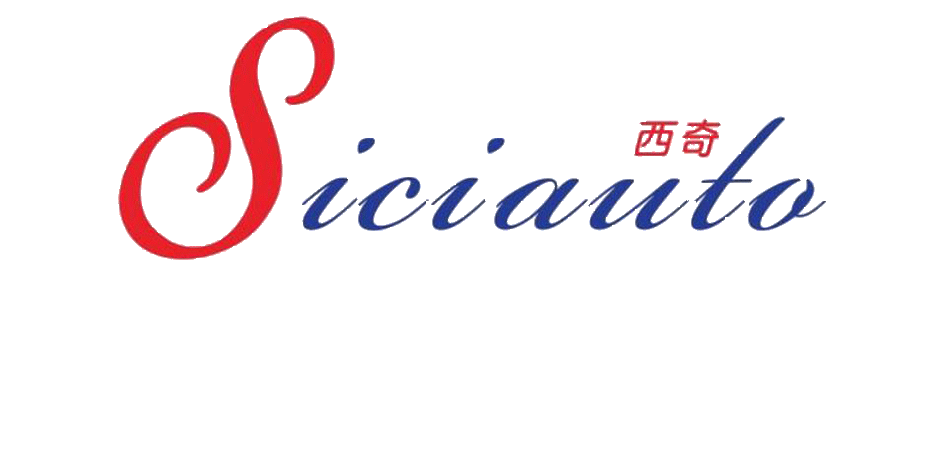
- Home
- About Us
- Workflow
- Projects
- Customer Feedback
- Private Policy
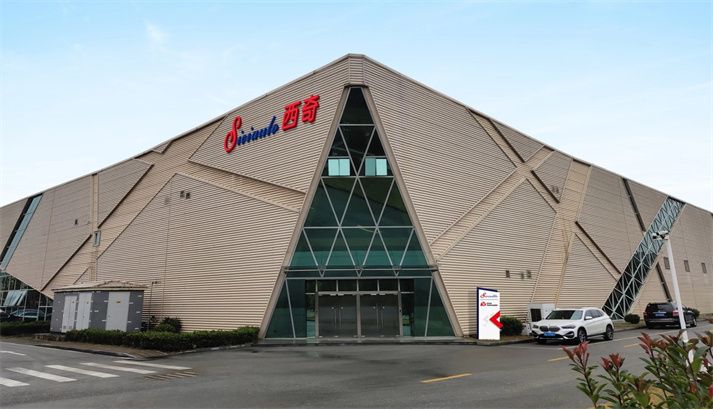
- Products
- Overwrapping Machine
- Cartoning Machine
- Case Packer
- Labeling Machine
- Shrink Wrapping Machine
- Case Erector
- Case Sealer
- Check Weigher
- Strapping Machine
- All-side Ironing Machine
- Tea Bag Packing Machine
- Packaging Materials
- Pillow Type Packing Machine
- Filling And Capping Machine
- Tube Sealing Machine
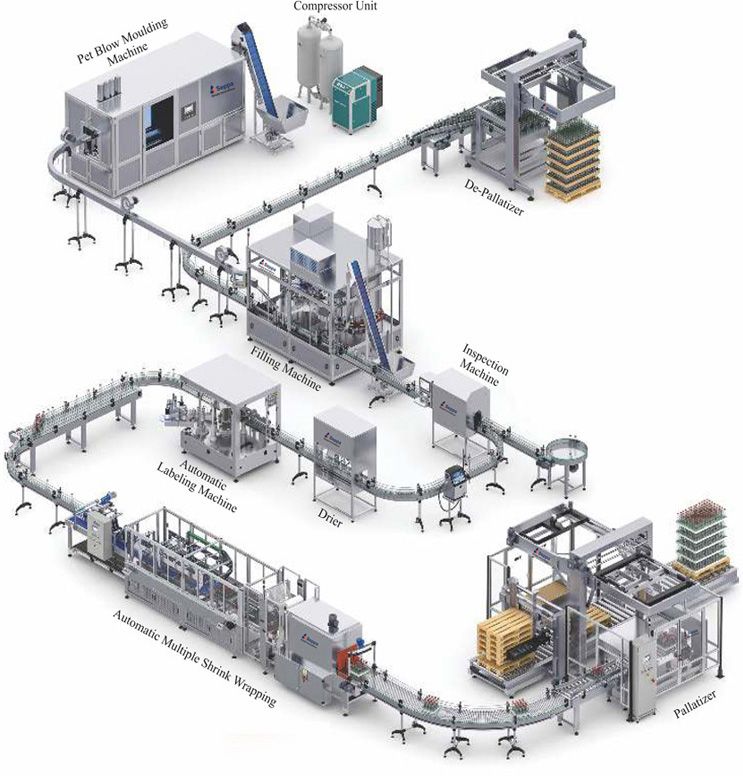
- Solutions
Labeling Machine Buying Guide-12023-07-09Labeling machines play a crucial role in streamlining production processes and ensuring accurate and efficient labeling of products across various industries. Whether you're in the food and beverage, pharmaceutical, cosmetic, packaging, or logistics sector, selecting the right labeling machine is essential for maximizing productivity and maintaining product quality. This comprehensive labeling machine buying guide will help you navigate through the key factors to consider when making your purchase decision.
1. Define Your Requirements
Before diving into the market, it's important to define your specific labeling requirements. Consider factors such as label size and shape, production volume, labeling speed, and the types of containers or products you need to label. Understanding your needs will help you narrow down the options and choose a labeling machine that aligns with your production goals.
2. Types of Labeling Machines
There are several types of labeling machines available, each catering to different labeling applications. Common types include automatic labeling machines, semi-automatic labeling machines, wrap-around labeling machines, and print and apply labeling machines. Research and evaluate the pros and cons of each type based on your requirements to determine which one suits your needs best.
3. Labeling Accuracy and Speed
Labeling accuracy and speed are critical factors to consider. Look for machines that offer precise label placement to maintain consistency and ensure readability. Additionally, assess the machine's labeling speed capabilities to ensure it can meet your desired production output.
4. Labeling Methods
Different labeling methods are used based on the label material and the product being labeled. Common methods include pressure-sensitive labeling, hot melt labeling, sleeve labeling, and print and apply labeling. Understand the labeling method that best suits your product and ensure the chosen machine supports that method effectively.
5. Machine Flexibility and Customization
Consider the flexibility and customization options of the labeling machine. Can it handle a wide range of label sizes? Is it adaptable to different product shapes and sizes? Look for machines that offer easy adjustment and customization options to accommodate future labeling requirements and product variations.
6. Machine Durability and Maintenance
Investing in a labeling machine is a long-term commitment, so it's important to consider its durability and maintenance requirements. Look for machines made from high-quality materials that can withstand the rigors of continuous use. Additionally, inquire about maintenance procedures, availability of spare parts, and the level of technical support provided by the manufacturer or supplier.
7. User-Friendly Interface and Integration
An intuitive and user-friendly interface is crucial for smooth operation and reduced training time. Look for machines that feature a user-friendly interface with clear controls and instructions. Also, consider the machine's integration capabilities with other equipment or your existing production line to ensure seamless workflow integration.
8. Budget and Return on Investment
Establish a budget for your labeling machine purchase and evaluate the return on investment (ROI). Consider the long-term benefits and savings in terms of increased productivity, reduced labeling errors, and minimized material waste. While cost is a factor, it should be balanced with the machine's quality and capabilities to make an informed decision.
Conclusion
Selecting the right labeling machine is a significant decision that can impact the efficiency and quality of your labeling processes. By considering factors such as your specific requirements, labeling accuracy and speed, labeling methods, flexibility, durability, user interface, and budget, you can make a well-informed purchasing decision. Remember to research reputable suppliers, read customer reviews, and seek recommendations from industry professionals to ensure you choose a reliable and suitable labeling machine that meets your production needs effectively.
About us- Tel: +86-510- 85868879
- E-mail: sales@siciauto.com
- Address: No.132-4, Rongyu Road, Xishan Economic Development Zone, Wuxi City, Jiangsu Province, China.
- SUPPLIER







- PROJECTS
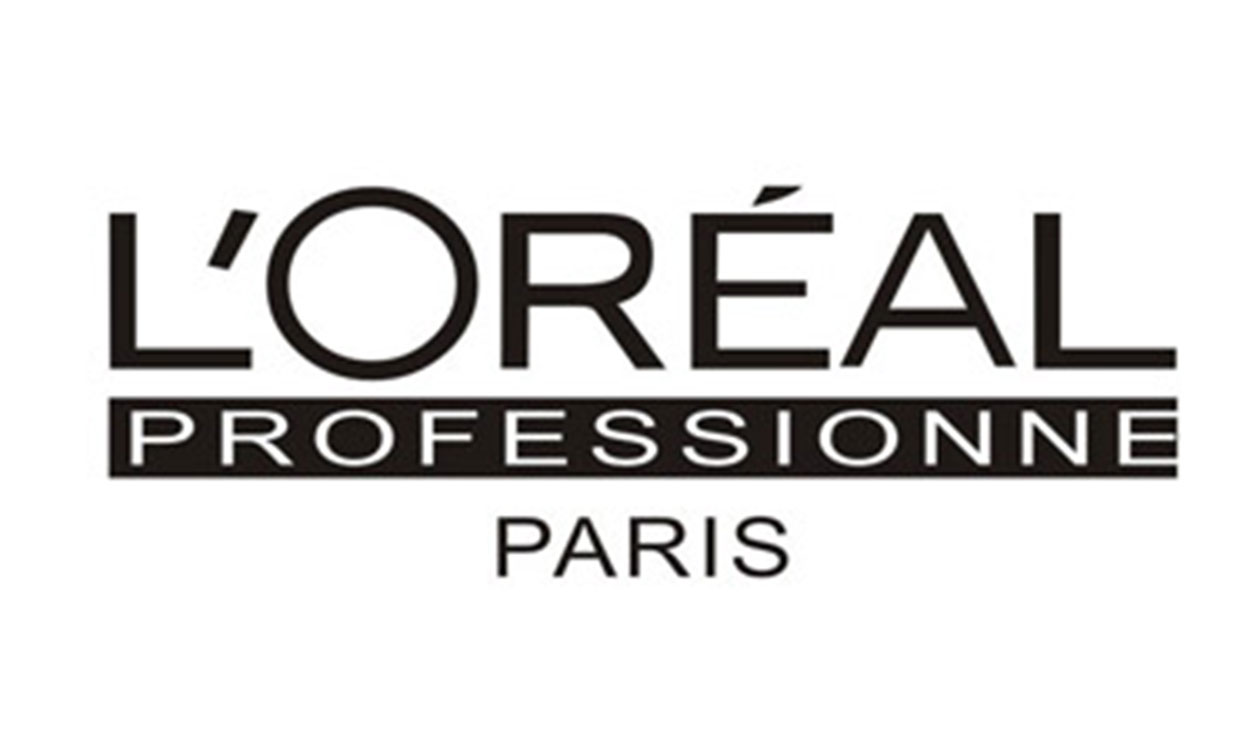


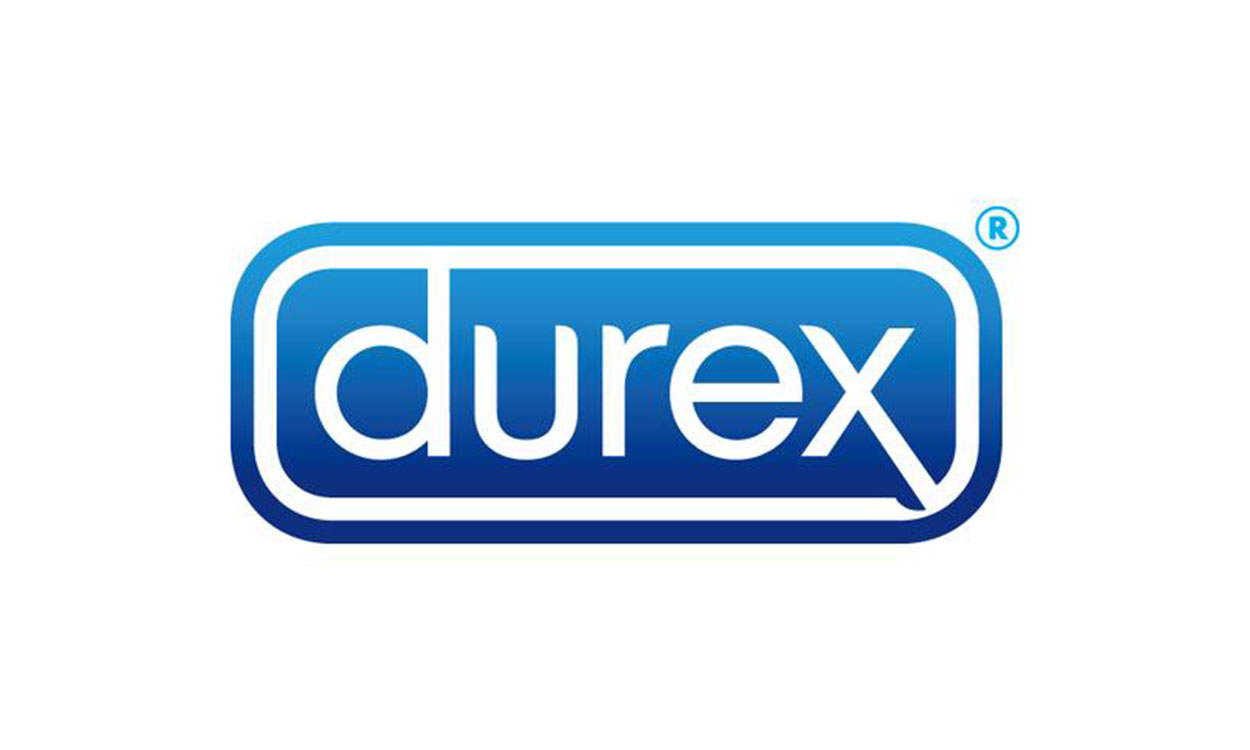
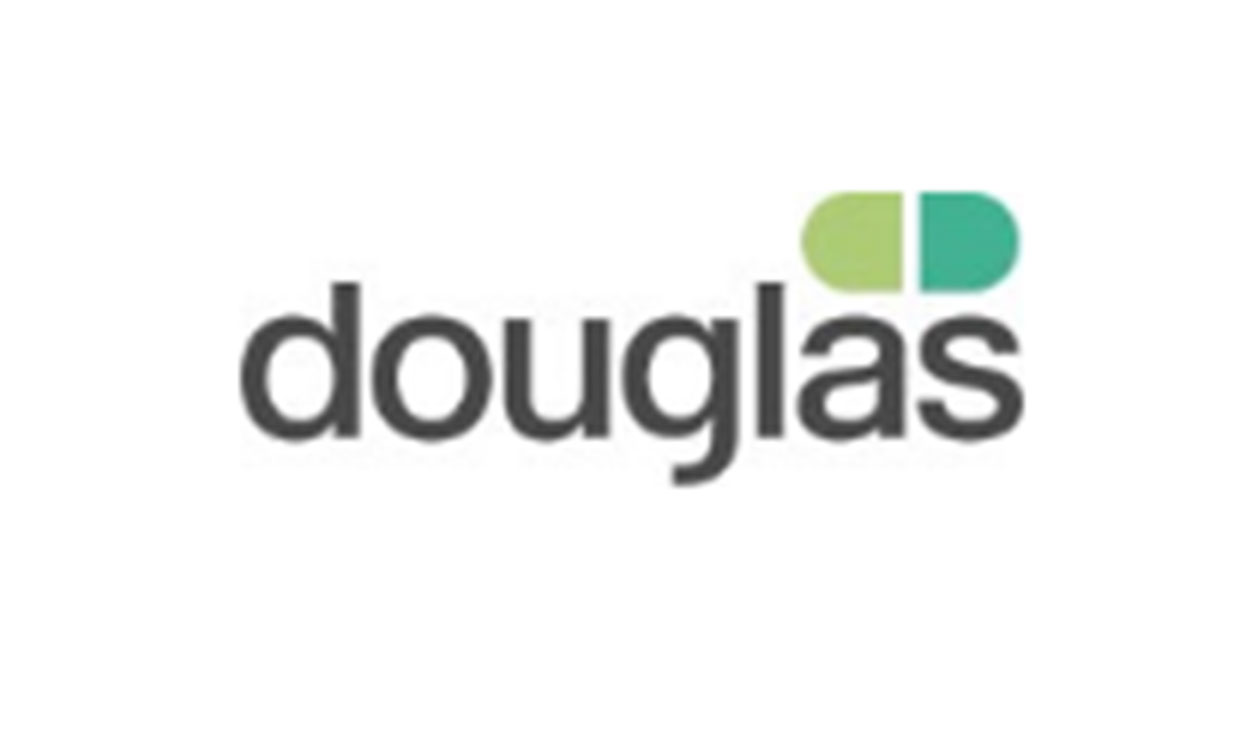
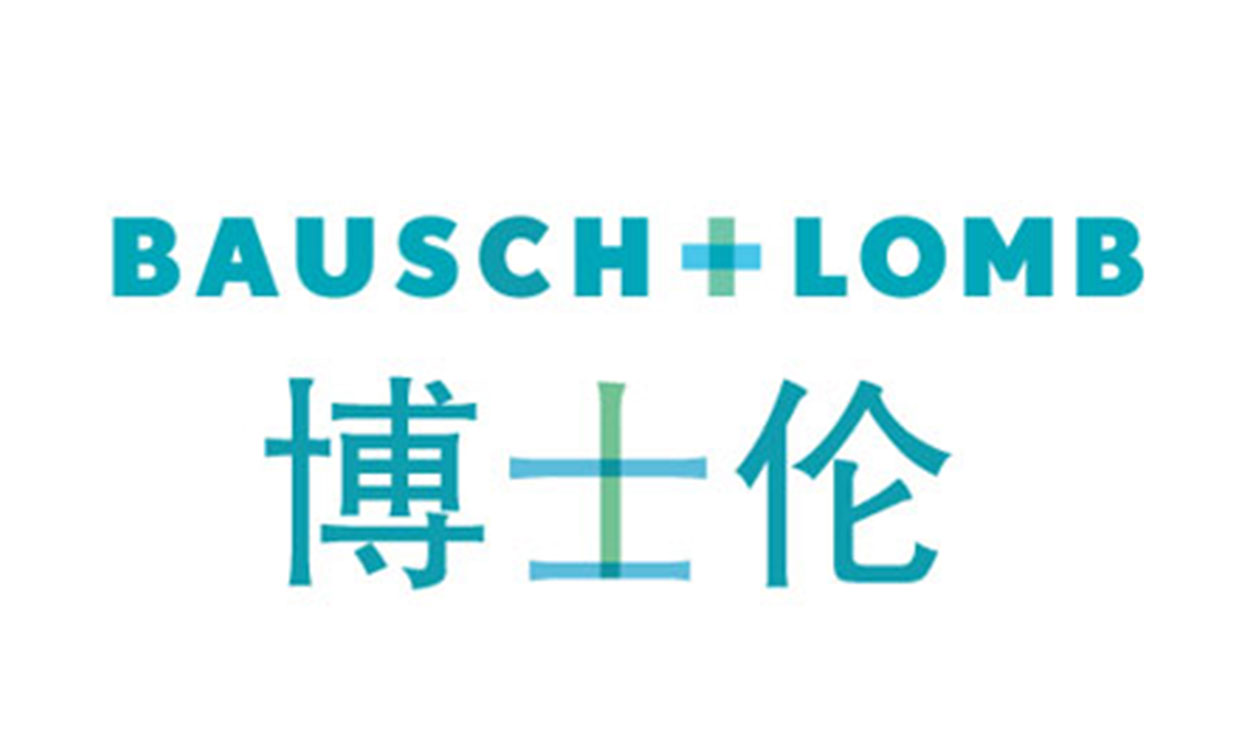

Wuxi Sici Auto Co., Ltd. Boxmedia
